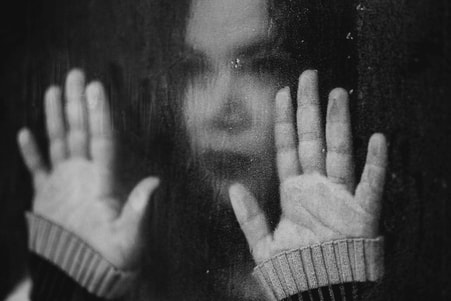 Grit is great. Defined by Angela Duckworth who has researched for over a decade, grit is passion plus perseverance. It is now one of the qualities colleges and universities commonly look for to predict who will "make it" through their program. Grit definitely has a place in our lives, where we need to know our purpose—why we are doing what we are doing. And we pair it with passion—so we are doing something that springs from within us, something we care about. Grit gets us through the inevitable obstacles that life throws in our path. But when grit takes over it often takes us in the wrong direction. Our determination without a sense of limits is not a good thing. Worse yet, or maybe not—maybe this is just me—but I think it is worse when someone else's determination (grit) takes over and pushes me down a path I don't want to be on, or steam rolls right over me when we are on the same path. Has that ever happened to you? Someone with too much passion, purpose and even power (a boss, a leader, a decision maker in your life)—someone "takes over" and although you may try to speak out about this, your words are not loud enough or strong enough to match their whirlwind of good intention. Many people with too much grit have arrived there with a lot of "best intentions." One thing that helps temper their path is a voice that is strong enough to call them to attention. But when that fails...and it does...people get hurt. If you find yourself *here*—if something inside you is saying "yes, that's me" (might be now, might have been 6 months or 6 years ago)— If this is your "yes", then there is bad news and good news for you. You may feel like you were left with no options. Nowhere to go, no one to listen, no energy for a further fight. But you have one option and it may sound like bad news, but it is in fact very good news. Your option is sadness. Grief, sorrow, sadness and tears. If you can be safe enough with yourself to actually cry about what you lost—what in your soul got crushed under another persons' load of grit—that sorrow, those tears, are a gift. Tears are not a last resort, although we often treat them that way. Tears are not something to avoid at all costs—even if that has been your habit. Tears are nature's answer to the horrible things that inevitably happen and they actually have purpose and design. Tears wash through our brains like a cleansing potion—they remove the toxic waste of the adrenaline and cortisol that came with a stressful event. And they clear the way for new pathways to emerge. If you have been stuck in the ditches in the aftermath of a grit storm, you can begin your move out of the muck with a good bath of tears. Watch a sad movie, read a sad book, listen to a song that makes you cry— anything to get you in touch with sadness. Begin your own journey by being kind enough to yourself to acknowledge that what happened to you was not just or right—you know this because you certainly don't want it to happen to your friends or children. And be sad, truly sad that it happened to you. Give yourself time, maybe about six months, to feel the dark feelings of loss and pain. Don't look for the gains, let them come when they decide it is time. Don't rationalize or make yourself figure out how to make this worthwhile—those things will come to you naturally and in the right order if and when you are ready. And you will get up out of the ditch and leave the tears there as a salty pond of hope for someone else to find, when they too get hit by the grit truck with someone else's load of purpose/passion/perseverance. You, on the other hand, are becoming a more deeply and profoundly compassionate human. You have taken the time to consider loss and pain as worthy of kindness—and you will carry this gift and the eyes to see into another's struggle with hope wherever you go. But start here. Start with your yes. Start with yourself.
0 Comments
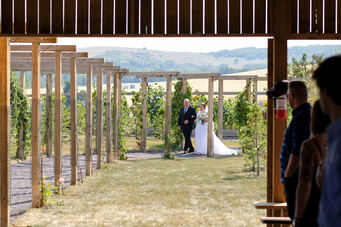 Today I make wedding cakes. Today I look toward the next generation and the good things in their lives. This weekend my son marries a girl who is so very much the match to his soul. I am proud and happy and filled with hope. Life moves in its circle of love and grace. The honesty of living with a grief that comes when that cycle is cut short is real. On Saturday, I will think about my mom and miss her. It will only be a fleeting thought as I share this day as a witness to my son's vows—the promise of a life spent together. But for that moment my mom's face will fill my thoughts—not with regret, but with awareness. I will wish for a moment that she could be there—that he could know her. And I will wonder for a moment what she would say to this new grand-daughter. Her presence in their lives will be missed—perhaps only by me. But certainly by me. I will notice and then I will move on into a day of celebration. But make no mistake. Her absence will be real to me. It is a part of how I live my life—with the awareness that every day is precious, that every child is a treasure, that every single celebration is a privilege, a gift. We gain our values from the shadows of our losses. Because we know that growing old and living all the seasons of life is not something to take for granted, we celebrate the good times with extra gratitude. Sometimes with a hidden dread that the seasons might be snatched from us. But generally, we celebrate with the vision that has created deep awareness. Life is precious. People are our treasures. Time is a wisp of opportunity—if we want to love our people well, we had better do it now. Today. We bend more often than we break—but usually bending feels like breaking.
We are designed, as humans, for resilience. We adapt and find a way through the hardest of things, but our capacity to bend is developed first in the little things. We face disappointments and futility with the normal course of each day. Coffee creamer has run out. It rains on a picnic. A friend can't make it to a fun meeting we were looking forward to. When we face those small-disappointment times, we can "power through" (and suck it up—not my favourite term) or we can pay attention and let our sadness come up through our feelings and thoughts and choices. When we pay attention to our sadness, we are learning to reel disappointment into a healthy place of first being sad, and then letting go of our hopes. Part of good mental health is the capacity for recognizing there are things we can change and things we can't change—and allowing ourselves to be sad about some of those things that are futile. But then the big losses hit us. Things that shake us to the core, sometimes leaving us knocked down for a week, or a year—or more. These are the losses that can leave us feeling like we are breaking. But probably we are bending—finding the resilience to get through the hardship. And it is just plain hard. Hard to feel anything. Hard to grieve, hard to let go, hard to hold onto hope. For me, it helps to know that sadness is the part of this journey that we should not avoid. Sadness takes a tender heart—it means we allow our vulnerabilities to come up inside of us. It feels like danger to our soul, but it is only dangerous if we don't have the refuge of safe relationships where we can freely grieve. Honest sadness paired with genuine compassion creates room for healing. If we can let ourselves bend under the weight of grief toward the sea of tears we harbour inside of us, we will not break. We may never fully "recover"—if we have lost someone we love, we cannot recover that person. We may never again grow in a standing-straight-and-tall position. But we will continue to grow. And somehow, part of the growth takes place in our capacity to live with intentional values—to show love and compassion to others in hard times, to give love freely to those who need it, to see opportunities for relationship as more valuable than anything else. There is a great deal of beauty even in the bent over tree that continues to reach for the light. Yesterday was sunny—we watered the sunflowers and sat in the sunshine pulling weeds. It was everything a summer day should be and we filled our five senses with the treasures of being outdoors. Together we laughed and played and sang songs of summer. Today is all different. There are grey clouds across the whole sky and although the rain has not fallen, it is no longer summer. The ash trees are their first shade of yellow. The poplar leaves are still green but a sudden frost may take them overnight any time. And the season has changed. For me this day marks the turning of seasons in a historical punch to my stomach. On this day, 47 years ago, I heard the words "Your mom has gone to be with God" and everything changed. The sunshine faded and although I spent the next day sitting looking over a tranquil lake there was no joy in the beauty of that scene. I was more fully alone than I had ever been in my life. This is the anniversary of the season of winter coming over my heart. It is an event that is not for celebrating. It is an un-celebration. And although I still find myself feeling unbearably alone so many times when I recall this day, there is a choice I have to make. I make the decision to tell someone that this day is hard. No one in my daily life knew my mom. She is a name and a set of narrated memories to my husband and kids. She is a myth of some kind and a mystery of many kinds—they only know a sliver of who she is and was, through my remembrances. Re-layered memories. And so I am tempted to keep this piece of my grief, the knowledge of my loss, inside myself. It feels a little bit safer to remember her and un-celebrate this day alone. It is a super-anniversary, an unusual one. She lived for 47 years and now she has been gone for 47—that feels significant to me. For no good reason, except that remembering her on this day is always both hard and important. But as I sit and remember these big moments of loss and the season of aloneness that came to grip my life for the next decade, I also know that I need to make the best choice I can for myself. I need to tell someone that today is this day. This day of un-celebration. I wish I could tell you that I have grieved enough to celebrate the brighter side. Celebrate that there was so much good, so much joy, so much delight that was lost when she left. I know that would be the healthy place to be. Celebrate what was so valuable.... that is no more. But I am not there. Here is where I am: I am doing well enough to tell just one person this one thing. "Today is the day my mom died." It feels like a risk. It feels like it might hurt more. It feels like this won't help. But it does. It helps to tell one person who has been there for the hardest of memories. And he says the thing that needs to be said because he has learned that being alone doesn't help a mosaic heart to be whole. He says, "I know you feel alone, but you aren't. I'm here." When the light of one life goes out, sometimes we need help to keep the tiny flicker of hope inside us from being snuffed out. I wish you this moment of courage. I trust you have a friend, a spouse, a sibling or a kind and caring "neighbour"...someone you can go to with your treasured, uncelebrated memories. Because we heal when we feel cared for. We heal when we are not alone. We find our way when someone else's light is enough to give us a flicker of hope. Someone out there cares about your loss. Let them know and let them be the light that shines on your darkest day. I love a grand mountain with moonlight on it. There is beauty in the soft light of the night. Everything is touched with a gentleness that makes the darkness a still place, a safe place. But sometimes the night is thick with darkness and we see nothing. Little ridges in the road can trip us up and pull us down. I've bruised my legs more than once when I've fallen—literally, not figuratively, walking in the dark. It is not fun. Yet darkness like this—thick darkness—is part of our lives. We hope it doesn't overcome us often. And it would be nice to stay home and not have to face this kind of darkness. Ever. But for some of us, darkness invades our most sacred space of "home"—the place where we need to feel safe. The place where we find rest and in that rest we are able to grow. When that happens, when the darkness crowds around us and makes it seem like our eyes are shut. When we see nothing and feel like the next step might be our last one. When we doubt beyond words that there is another side to the tunnel... When that happens, I hope there is someone in your life who can say to you "There is One who never lets go, will not let go of you. He is the creator of Life. And His hands are Love. They bears scars that are Love." And if you don't have that person, but you found me here today...Let me say it to you. "There are hands holding on to you, and they are Loving Hands." The Heart of the Creator is for you. I don't say these words lightly. I know that when you are truly brokenhearted, you cannot feel love around you. I hold these words with reverence, on your behalf, and I believe them for you. Until the darkness lifts—and then I know you will see that Love was there. Psalm 34:18 says, "The Lord is close to the brokenhearted and saves those who are crushed in spirit." A month ago a beloved father and husband of a family from my childhood community took his last breath with his children and wife all surrounding him. It was such a relief to me (an answer to many prayers) that the pandemic didn't rob them of that last moment alone and together. The gift of staying alongside til the end—if you have the strength to face it—is one of the best things you can do.
I woke up the next morning and my first thought was this: "I must pray for "Vern" and his family." And then I remembered. Vern is no longer with us on this side of the eternal divide. He has moved on—his body has been left empty and useless. He still lives but not here. And my second thought which followed: So I must now pray for the family as they mourn. This is just as crucial as the prayers I have been offering over the weeks leading to this day. It dawned on me— this morning they all woke up with a little (or with a rather large) shocked awareness. "Dad is gone." It is a thought that feels like it will swallow you, each time you wake up. Sometimes even months after someone has gone—sleep has offered respite, and then with the morning sun the shock of loss returns. My understanding of this shock is not something I am sure of, but it is something I have considered...here is how it maybe works: Our world is a strong, solid composite of bits of land that form the crust we live on. The geography of our home planet. But the essence of our home, the reality of belonging to this cluster of humanity is that we live in a world that is mysteriously and invisibly made up of souls. We form one whole unit—a world of unseen but equally real space, filled up with one soul at a time. And each time a soul leaves, a hole the size of a crater is left where they created the same solid, strong composite in the unseen world. This departure leaves a gaping, taunting hole that threatens to never be filled. Because if there is one thing that is a mystery and yet a sure truth that we all agree on, there is no such thing as a human soul that is not unique. One of a kind. Exactly every time a soul leaves the world, there is a hole. An actual hole. A hole that cannot and will never be filled. And those standing next to the hole, nearest to the soul, connected by love—those who shared daily bread with him (or her) feel the darkness of a hole punched through the planet. A crater that reaches out into eternity and sucks the breath from our chest with a longing for the one we love. And yet, the physical earth continues to spin on a tilt as it circles the sun, and we have to find a way to face the morning. There is no answer to this. It can't be fixed. It can't be repaired—there is no "soul patch" that can change the crater and make it well. There is no platitude that will lessen the pain or make it feel less precarious to stand next to the empty space where a soul was, and now is not. But to stand there alone—because friends or family are afraid of coming near. To stand there alone—this is what we cannot allow. We cannot leave our friends to face their grief and re-encounter the shock of waking up to an empty-soul-crater on their own. We don't know what to say for a good reason. Saying is not the way of grief. Silence is the way of sharing the pain. Being willing to encounter the discomfort and the anguish, being unhurried in the moments of sitting and watching the dark hole—this is the work of true friendship on the days when that hole is still shocking and startling. And your breathing is shallow in case you might lose the very air you gained from being loved. Don't let the ones who stand at the crater's rim lose sight of the love that holds onto them in these unspeakable days. Stand near and keep still and offer the simplest gifts—a glass of water, a hand to hold, a reminder that you loved the soul they've lost. Loved enough to come near and stand in witness to the un-fillable hole. Being disconnected even from one side is more than we can bear. So keep the connection—see the hole and share the moment. And if tears come in lashings to fill the crater, know that mourning is the gift that allows the memories to come back and also fill the hole and hold the meaning. Each soul is precious beyond what we measure in words. When someone goes to war and loses a limb (or two) and comes home with burn marks running from an ugly stump up their torso and around the back of their body...
When someone who has faced such a radical shift of capacity—the loss of a leg upon which to walk—returns to the place where they engage with the life they had before their traumatic loss... When anyone of us becomes a fraction less of who we were at any one time, no matter what that fraction of loss may be-- Those who witness this do not expect life to go back to normal, to return to what it was-- do they? Life without a foot, a leg, an arm or even an eye is not ever going to be "normal" again. It is a permanent loss. Losing a beating heart, a warm hand that reaches toward us when we are alone, a familiar voice that calls our name, or a place to rest our head on top of someone else's, or next to or even under their chin...losing such a person is not something you ever "bounce back" from. The change is permanent. What is missing cannot be replaced. We can learn to live again, to adapt and make some changes. We can find ways to walk on, move forward. But if we walk with a limp? If we hobble and stumble and never again break into a jog, let alone a sprint? If our brokenness does not let us do the tango....Is that not one of the acceptable ways of being? There is a way of being that is incomplete. Not what I was and not what I would choose to be. But don't pretend I can get over the loss of someone who was and always will be a part of me. A hollow unfilled space inside that echos with a capacity for innocent joy that I no longer have. Do I live more intentionally as a result? Yes. But don't expect that I will ever fully heal. And don't ask me to pretend. (You can't pretend to tango.) We are More than Our Self.
When we reflect on who we are as a person, we so often think in terms of our own self—our gifts, our values, our preferences, our skills. But we are very much who we are as a result of the memories made within the relationships of our lives. We are shaped by what gave us joy, contentment and safety in our early life. Or by what was missing and left us feeling uncomfortable or unstable—anxious, unable to find joy and inner peace. As life goes on, the memories stack up, like walls of a lego house punctuated with the colours we love as well as a few that feel unhappy. That is a huge topic. I have no wish to tackle the whole thing today—but here is a tiny slice taken from the meaning of the bigger picture of how memories "make us" who we are. When someone dies, you lose the option and opportunity to continue life with them. You no longer have the "looking forward to" part of life with them. You stop the making of memories and only have what was behind you. And that is a major hole. But in our grief, sometimes we forget—I absolutely forgot and lost site of this in my loss—that the memories you hold with value are yours forever. Some of those memories happened before you had the capacity for remembering (preverbal memories). Yet they formed you. No one can take away those times, or the way they impacted you. The joy they created within you. You—the you of today—is still connected to the lost person by the memories you created together. The person who has left may feel "gone"—but the relationship is not gone. It is preserved (only in part, but at least in part) by the memories you carry. Grieve the loss—yes. But also be aware that some things can never be lost. They are a part of who you are, and always will be. When I first read the following quote from the author of Uncle Tom's Cabin (Harriet Beecher Stowe) it was a revelation. The implications of what she was saying rolled over and over in my mind. Here is the quote in somewhat quaint old English--
"When the heart strings are suddenly cut, it is, I believe, a physical impossibility to feel faith or resignation. There is a revolt of the instinctive and animal system and though we may submit to God, it is rather by constant painful effort than sweet attraction." Harriet Beecher Stowe Stowe is describing what is now commonly understood as a trauma response— your brain enters a fog and your feelings and thoughts are dulled by the impact of what has happened. She talks about not being able to feel faith. I translate this to the difficulty I have in tough times. I find it hard to feel the presence of God around me even though I have walked in Faith that He is real and personally interested in my life (which is what Jesus taught). I think what Stowe is describing is that our instincts are designed to kick in with the fog to protect us from the potential harm of feelings too big for us to process. In those moments we still get to choose. I choose to say "Yes, welcome" to God's presence. I choose to give room to the tears that brim. I choose to share with a friend even though I sound like a bit of a babbler. I choose to stop trying to keep up with some things in life that are options and give myself space and time to be silent. Sometimes I even choose to say to God, "I know with my head that you are good but I don't feel it right now and I find my faith falling short of that goal. I can't actually say "you are good" right now. And I can't fix that. Go ahead and change that if you want to—or can." Harriet Beecher Stowe tells us that it is painful to make this choice. She acknowledges that there is a world of discomfort or frustration or disappointment inside the fog we find ourselves in. If you are in a crisis or the wake of a crisis and you feel like the fog has closed in around you...maybe there is another way to see that. Maybe the fog is a gift. And maybe in the fog there is MORE of God's presence, even though it feels the other way around. And maybe you choose to just say "yes" and trust that God can do everything else. Even though it is a stretch—it's a simple yes, but maybe the hardest yes you've ever said. Because this "yes" is what grace is all about. We say "yes" to what we believe is the ultimate power of love—our Creator. And God, who is still a mystery to us at the best of times, does what God does best. God cannot help but hold us with love. We are his beloved children. "For in the day of trouble he will keep me safe in his dwelling; he will hide me in the shelter of his sacred tent and set me high upon a rock." Psalm 27:5 We live for connection—it is hard wired into us. Thriving in life is reflective of, dependent on, and part of this. Thriving in relationships. We cannot truly say we are doing well in general if we are not able to do well in relationships.
But that puts us at risk. Terrible risk. Because if our relationships are rich and full, they also carry the capacity to rip our insides apart when they are lost. It is beautiful and terrible both at the same time. George Eliot says it this way, “What greater thing is there for two human souls, than to feel that they are joined for life--to strengthen each other in all labor, to rest on each other in all sorrow, to minister to each other in all pain, to be one with each other in silent unspeakable memories at the moment of the last parting?” In that last moment of parting, our souls are torn apart—and that is grief. Grief is the raw edge of eternity cut in half inside our soul. Sorrow is how we heal from grief. Sorrow is the torrent of rain, the storm of emotions, the slow drizzle of winter, the ever present running of the salty seas until our heart starts to stabilize. The sadness of being torn apart expressed through a gift of nature—tears. A river of tears that washes through us and takes us to a new place where we can begin to recover our senses. And grow again. If you have said good-bye to a loved one you know that there is a season that is too hard to put into words. There is a season that needs to be put into tears. And there is a season that slowly takes you forward to a new you—a different, perhaps limping or scarred you. But a new season. Wherever you are in that process, today I wish you to know that the depth of your pain is a reflection, an inversion, of the richness of what you have enjoyed. That is not supposed to help you "get over it"....please do NOT hear that. It is supposed to give you permission to let the storm of emotions rage, the salty tears pound away at your heart and the river of sadness flow. Not so that you will get better, but so that you will come to a place where you can look back and remember the richness with joy. Sorrow is actually the pathway to gratitude. But it is usually a long slow walk. Give yourself the gift of patience and be where ever you are today with a space of kindness toward yourself that allows you to reflect and feel and slowly release the sorrow you need for your own well-being. |
Author/Elaine
I write on how humans develop and grow through challenges we face. I've divided this into three categories--Growing Love is about relationships and how we create conditions for growth despite the inevitable challenges. Cloudburst is about grief, specifically—which is a tricky topic. We need to keep growing but pushing is the opposite of helpful. And in Dancing on Hot Sand I talk about personal inner growth in hard places—spiritual growth, without sounding religious, I hope. Archives
April 2021
Categories
All
|
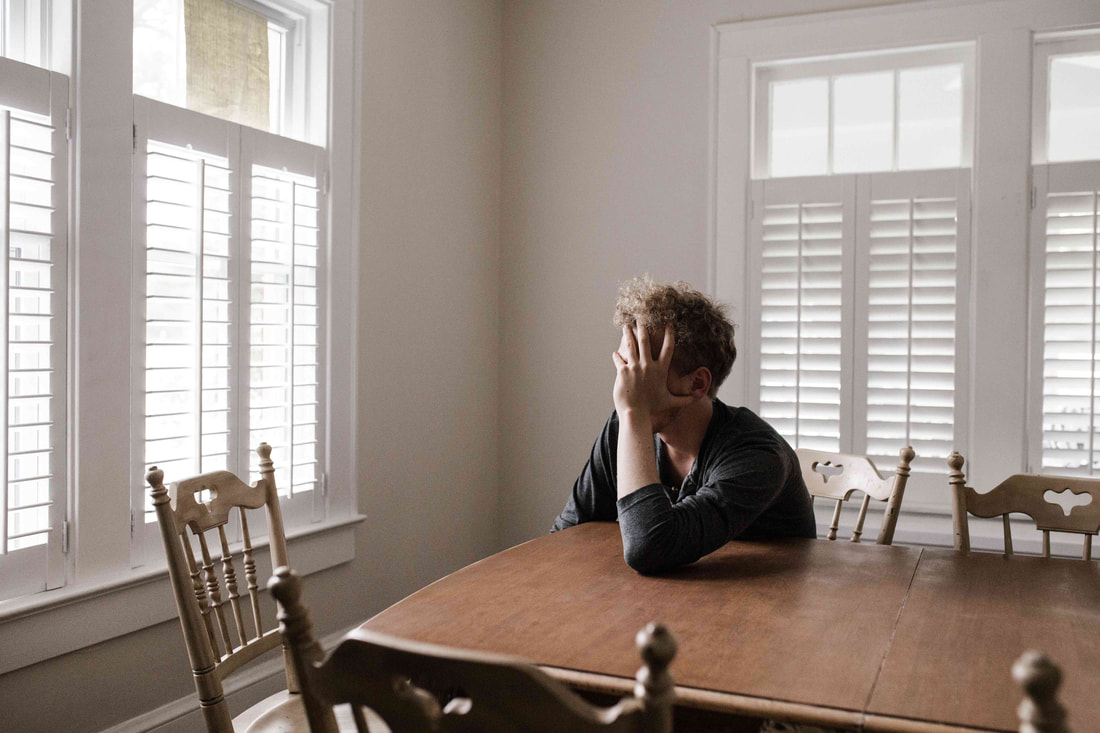

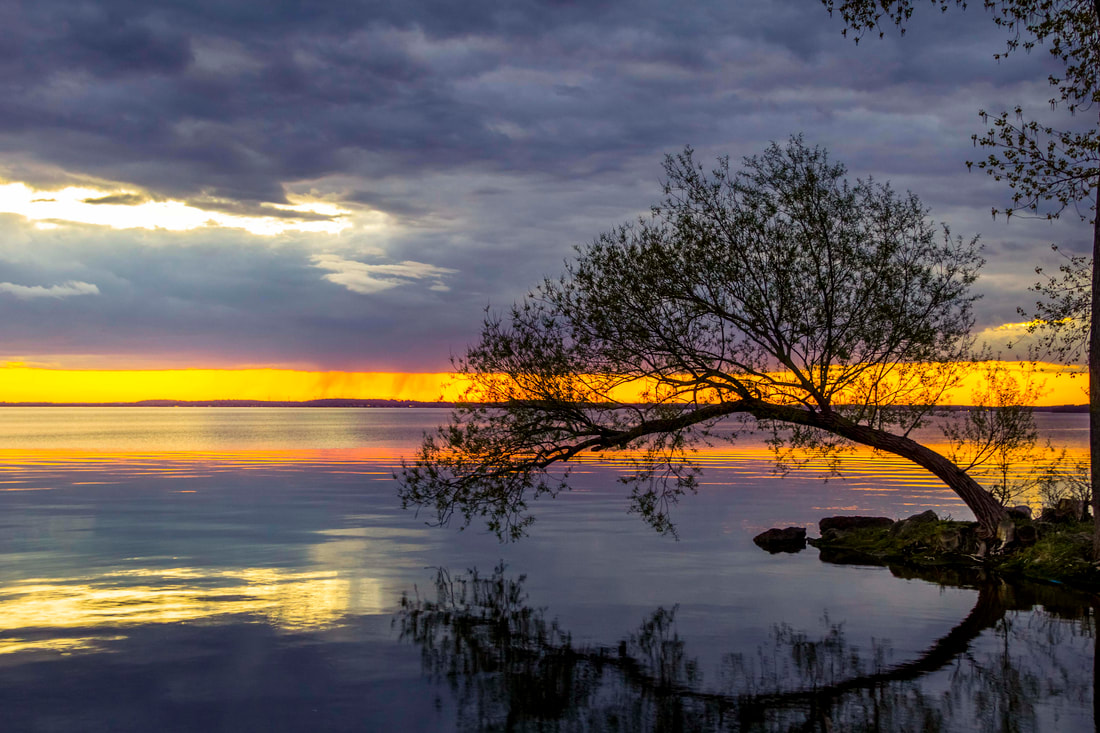
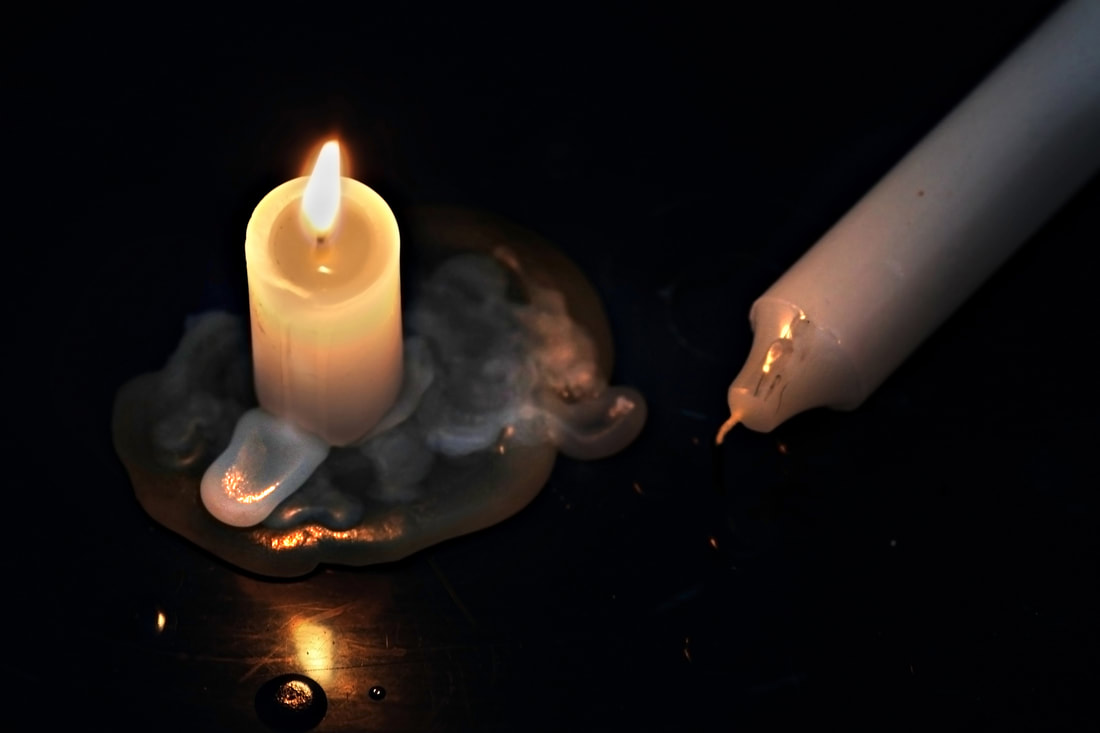


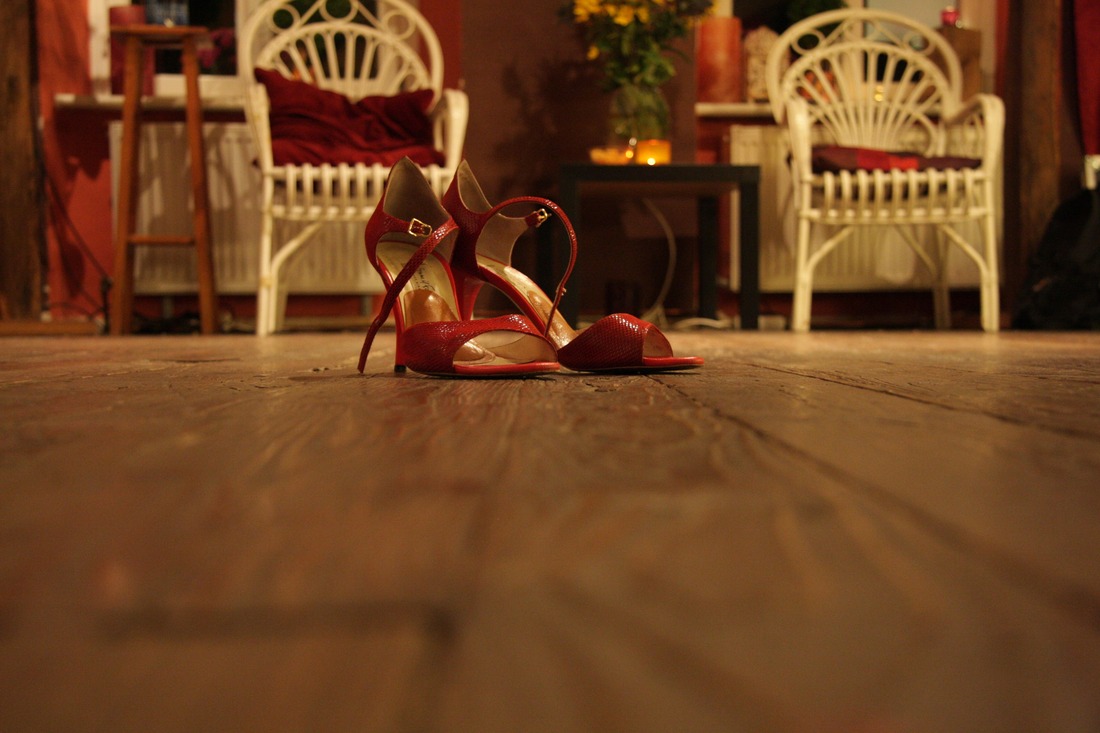
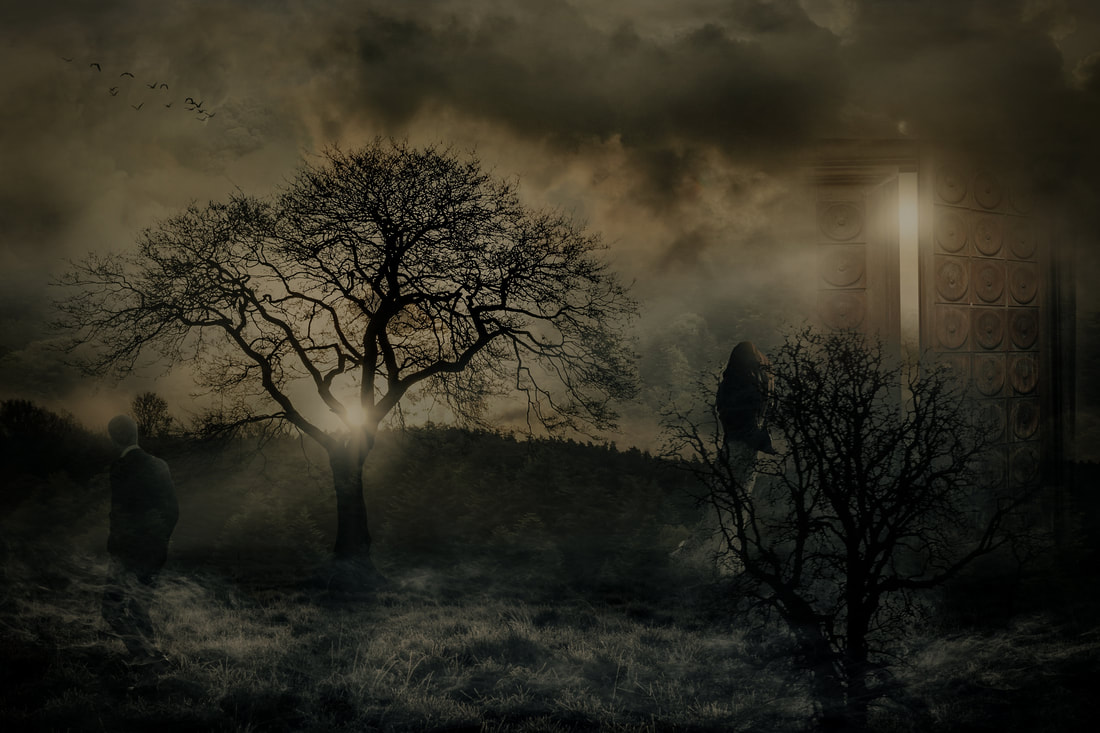
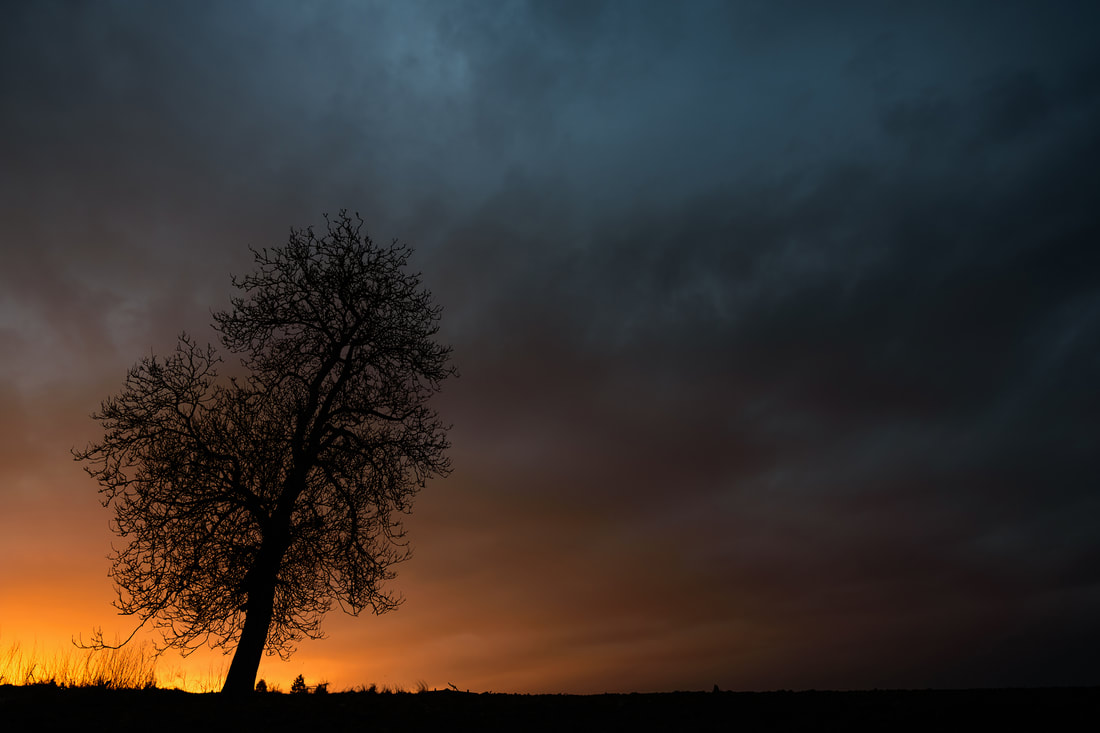
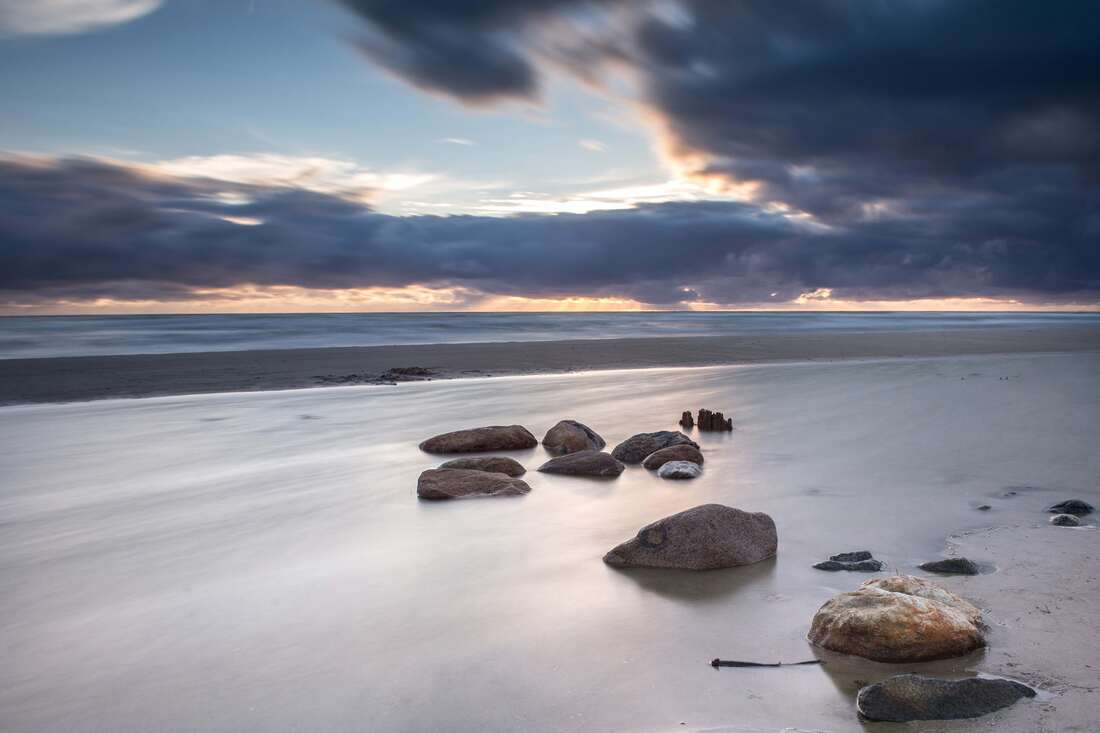
 RSS Feed
RSS Feed